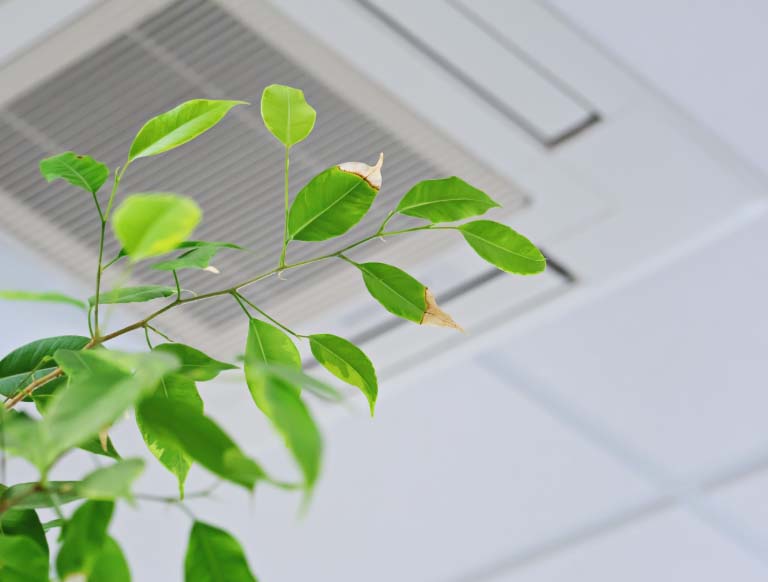The importance of clean air in universities
Universities hit headlines for wrong reasons with on-campus COVID-19 cases spike as students resumed courses at end of summer.

The significance of clean air in universities
Universities have featured highly in news headlines of late, unfortunately for all the wrong reasons. As students took up their places or resumed existing courses at the end of summer, there soon followed a spike in on-campus Coronavirus cases.
At a time of great frustration for many, it became easy to blame the student population for the need to endure another lockdown. Students have long had a reputation for partying, so assumptions were made about how they were selfishly catching and transmitting the disease.
Is it fair to blame the spike in university COVID cases on the students’ hectic social lives?
No, we do not believe it is.
The nature of universities and university accommodation means that large numbers of individuals are forced together indoors. Be it in lecture theatres, classrooms, labs, libraries, dining halls or residences, the majority of a student’s day is spent in close proximity to others, sharing the same air!
Just the kind of situation which bacteria and viruses love.
Universities face a real challenge when it comes to ventilation
University locations do not exactly help. Traditionally built in cities or large towns, they are often surrounded by busy roads and city centre facilities and all the pollution they generate. Even the activities within the buildings themselves make their own contribution to indoor contamination, with photocopiers, printers, kitchens, cleaning chemicals etc. all adding to the toxic mix.
The managers of the campus buildings, therefore, face quite a challenge to provide fresh, clean air to the students inside. A challenge which, if not entirely met, can result in on-going issues such as respiratory illness, nausea and fatigue which can be caused by Sick Building Syndrome (a very real condition linked to poor quality ventilation).
There is no doubt about the fact that the issue of dirty or inadequate ventilation must be addressed if we are ever to stand a chance of breaking the circle of infection and re-infection and stop the headlines which unfairly lay the blame for Coronavirus outbreaks at the feet of the revelling students. That means ensuring that ductwork within university buildings is regularly inspected, cleaned and disinfected to the same high standard as any other place where people live, work or socialise.
Clean air has so many educational benefits
It does not stop with infection control. Numerous studies have linked good quality air with students’ cognitive abilities and performance, not to mention a marked decrease in sickness absence. Coronavirus may understandably be the focus for now, but the whole learning environment can be considerably improved when a concerted effort is made to provide and maintain fresh, clean air.
At System Hygienics Clean Air is Our Business. We help building owners and managers look after the health, safety and well being of their building users by carrying out air quality surveys, ventilation cleaning and disinfection and fire damper testing. Our experienced teams offer a total solution, regardless of whether the setting is industrial, commercial or, of course, educational.
To find out more visit www.systemhygienics.co.uk



